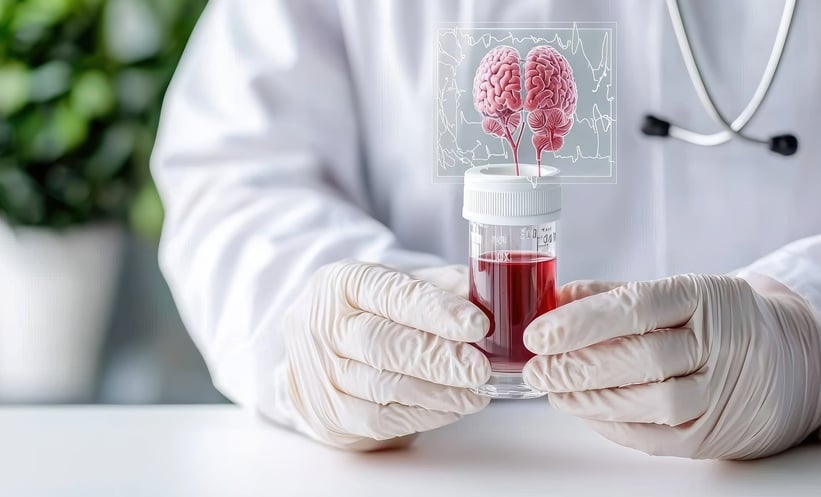CHILDREN exposed to maternal depression in pregnancy display marked differences in brain connectivity by adolescence, new Dutch research shows. These findings highlight the crucial impact of maternal mental health during pregnancy on the developing brain.
The Generation R Study from Rotterdam tracked 2,825 mother-child pairs, evaluating depressive symptoms during pregnancy and after birth using the Brief Symptom Inventory. Children aged 9 to 15 underwent up to two resting-state functional MRI scans to examine brain network integration and segregation. The analysis found that only prenatal maternal depressive symptoms, not postnatal symptoms, were associated with steeper increases in brain connectivity measures—global efficiency (β = 0.004, FDR-corrected P = .002), modularity (β = 0.003, FDR-corrected P = .002), and within-network default mode network connectivity (β = 0.010, FDR-corrected P = .002)—from midchildhood to adolescence. Moreover, children with higher internalising problems exposed to clinically significant prenatal depression showed pronounced increases in brain network integration (β = 0.243, FDR-corrected P = .001). No associations were found for postnatal maternal depression.
These results point to pregnancy as a sensitive period in which maternal mental health can shape neurodevelopmental trajectories. For clinical practice, the research supports routine screening for depressive symptoms during pregnancy to help identify at-risk children early and guide interventions to improve both maternal and offspring outcomes. Ongoing research into the mechanisms connecting maternal mood and child brain development will further inform preventative strategies and support for expectant mothers.
Reference
Koc D et al. Perinatal maternal depressive symptoms and brain connectivity among 9- to 15-year-old offspring. JAMA Netw Open. 2025;8(7):e2523978.








